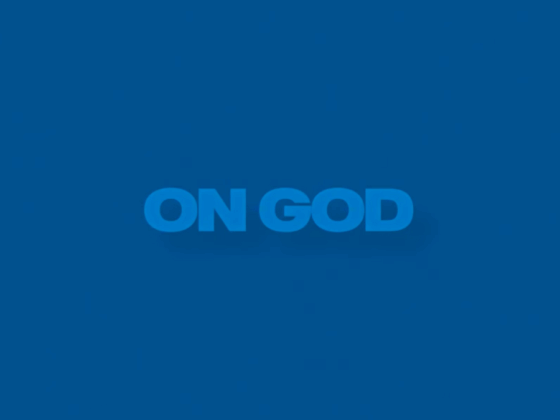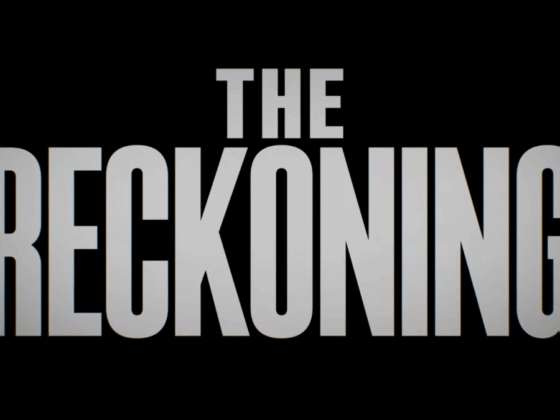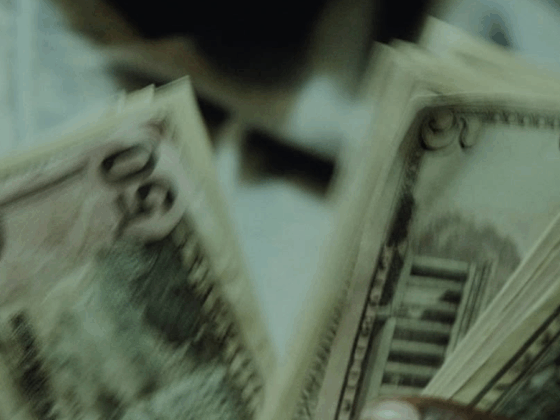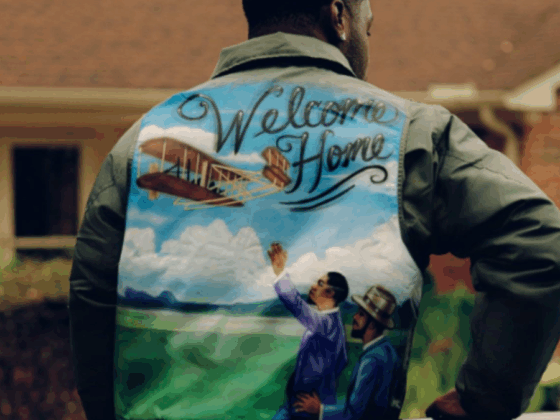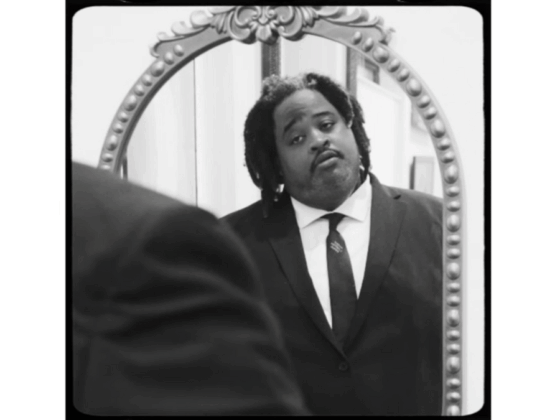
It’s bad form to begin a review of one artist’s work. It’s also bad form to use the first person in a review of another artist’s work, at least that’s the way it was taught to me. But I find it hard to write about Reggie Becton’s latest LP, The Last Great American Summer, without doing either. Long before their public falling out, Elliott Wilson brought Drake to NYU for an edition of his memorable CRWN series. Addressing a hodgepodge of hipsters, college students, purists, and music critics who came to know him through projects like So Far Gone and Comeback Season, the Toronto native explained that fans who longed for the “old Drake” were really having a love affair with nostalgia.
“People will [come up to me and say], ‘Man, you’ve got to get back on that So Far Gone s—t.’ But what is that to you? Do I have to get back to sound like that? Or, is that a time marker in your life when you were in college, dating this girl, and you got that mixtape, but nobody knew about Drake? Now, you want that moment back, but I can’t give you that moment back.”
Drake’s point about nostalgia is hard to shake. When I first heard Reggie Becton’s music in 2019, I had recently accepted my first full-time job and picked up the keys to my first apartment. Two years later, California arrived; I was living in Nashville with a promotion, traveling to cover major boxing matches, and writing from an apartment with a balcony that overlooked the city. By 2025, the terrain had shifted: I was laid off, moved back home with my parents, mourned a few loved ones, returned to therapy, and at times wondered whether journalism was still for me. I can’t go back to who I was when SadBoy Vol. 1 was released. Fortunately, Becton has changed, too — and that change is audible across The Last Great American Summer.
“I think that I’m a lot more rooted in who I am these days and who I want to be. And I think that was a big part of the self-discovery on this album,” Becton told me about the album. “Part of the journey of the start of the album was an identity crisis, in a way, of me turning 30 and figuring out, ‘Alright, I’ve lived on this earth for 30 years. That’s a third of my life, if I’m lucky. What am I going to do with the rest of it? I don’t want to live the next third or the next half for somebody else. I want to live it for myself, and live it on my terms.'”
Becton’s ability to convey this message through guitar-laden, inventive production and vulnerable, reflective songwriting is precisely why this record lands with force. Song after song, The Last Great American Summer acknowledges what so much R&B too often avoids: adulthood doesn’t come neatly. Digging through complicated, heartfelt emotions can feel like lowering yourself into a grave of purposely forgotten memories. And yet, Becton insists, the most radical thing you can do is face it head-on, celebrate the wins, work through the losses, and stay present because happiness and freedom await on the other side.
The Last Great American Summer’s journey into the frayed warzone of adulthood is broken into three chapters: fear, fire, and freedom. Becton’s “fear” is best exemplified through “Die Young,” a late-night summer anthem produced by Etienne. At first listen, the PG County native’s lead single may appear more celebratory than its lyrics convey. Backed by the euphoric production, Becton finds himself questioning if he’s living life for himself or if he’s ever afraid to chase the life he wants because the path is unclear and may come with its own share of traps and challenges.
“[I might] quit that job [or] break a law,” he sings. “Oh, I might just tat my neck with no regret. That’s what I’m on tonight [because] if I live someone else’s life, what will it cost? My 20s? My 30s? [I] can’t be afraid to step out. [I] won’t find myself in this house. Tell all my friends I’m en route.”
If Becton is en route, where is he headed? Fire! Reggie heads into the messiness of self-discovery and growth with songs like “Fake” and “Pretty B—s,” shedding fake friends, unfulfilling romances, and the fears that stalk ambition. The flames only seem to die out when Reggie Becton connects with songwriter Tiara Thomas for “Simple,” a stripped-down, melodic mission statement about the person Becton hopes to become. In many ways, “Simple” can be heard as a love song about two people working through the ups and downs of a relationship, only to come to the realization that they were making things much more complicated and messy than they needed to be. However, as the outro points out, “Simple” can also be heard as the rebirth or evolution of a person as they come to the realization that they were crumbling under the weight putting pressure on themselves to be someone or something that they weren’t, rather than just being present, living life to its fullest, and having fun — a message that I and so many others need to hear.
“Life is actually simple. All we have to do is exist,” he says behind a warping guitar run. “Our only job is to be, to live, to actually just be here…where you are right now.”
In return for working his way through the fire, he gets a free trip to Las Vegas and the joy of living life without regret.
“Tonight, we turn this city to a rager. I don’t want no sleep like I’m in Vegas. Morning, I might wake up with a stranger and throw up all I did when I was faded,” he sings at the start of “IF I?”
The liberation expressed through “If I?” and “R!OT” is exhilarating. Not only is it some of Becton’s best writing, but it’s also his most honest, allowing listeners to get a peek inside his thoughts, emotions, and much more as he enters this next chapter of his life.
To call The Last Great American Summer merely “mature” is to miss its real achievement. The album’s adulthood is not a smoothing-out so much as an articulation: the hard practices of being frank, being brave, and being tender without letting tenderness calcify into sentimentality. Reggie Becton sounds like someone who’s learned not to make a feeling the shape of a career; he makes the career a vessel for feeling.
This is music for people who have moved through rooms and seasons and realized that the real work of freedom is finding happiness in stillness. It’s for listeners who’ve had to mourn and keep a job, to love and keep a home, to be present in messy, tiny ways. If Becton is charting a path through fear to freedom, the question he leaves us with is: where are we on that journey? Currently, I’m in the “fire” stage of my late 20s, where are you? By the time we hear from Reggie Becton, I hope I’ve found my way to freedom. And I hope you do, too.
